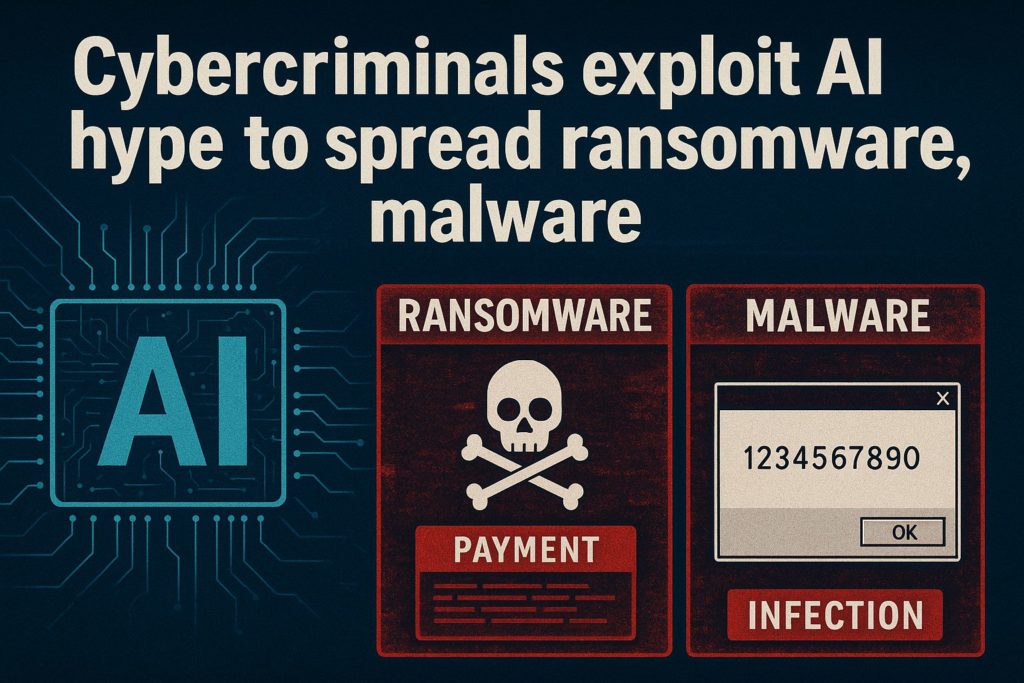On 18 July 2019, the Thai Revenue Department (“TRD”) issued a new Notification on Stamp Duty (No.59). This notification lists out payment methods and instructions for Stamp Duty payment on e-Instruments that came into effect on 1st July 2019.
Stamp Duty compliance is often overlooked by many Taxpayers because it can be burdensome to manually attach stamps to every applicable agreement &/or commercial document. Furthermore, the relative low tax liability together with piecemeal enforcement by the TRD causes some Taxpayers to neglect their obligations to affix Stamp Duty.
However, the penalties for non-compliance with Stamp Duty liabilities are extremely high, costing Taxpayers a fine of 5 times in addition to the original Stamp Duty payable whenever stamps are found to be missing or incorrectly applied to an agreement or commercial document. In addition, failure to affix compliant Stamp Duty causes such agreements &/or commercial documents to lose their enforcement rights under Thailand’s Civil and Commercial (and in some cases Criminal) laws. Therefore, compliance with Thai Stamp Duty filing requirements is in the best interest of every Taxpayer.
Where does Stamp Duty apply?
Stamp Duty is payable on most documents filed by companies &/or individuals with the Government agencies or entities and on official documents of the company, including; transfers of land, leases, stock transfers, debentures, mortgages, life assurance policies, annuities, Powers of Attorney, promissory notes, letters of credit, cheques, etc. However, the application of Stamp Duty is levied on “instruments” and not on transactions or persons who use those instruments; nonetheless, the absence of Stamp Duty may be costly to Taxpayers both in terms of tax (and penalties) and legal enforceability of their instrument. For the purposes of Stamp Duty, an instrument is defined as any document chargeable with duty under the Thai Revenue Code (“TRC”). The Stamp Duty rules are contained in Chapter VI of Title II of the TRC.
Only instruments listed in the Stamp Duty Rates Schedule (see the ANNEXURE at the bottom of this article) are subject to Stamp Duty and the persons liable to pay said Stamp Duty are those associated with the instrument. They are, for example, the persons executing the instrument, the holders of the instrument or the beneficiary. General exemptions are available under the TRC. Rates vary according to the class of the instrument. Non-compliance can result in a penalty or surcharge of tax. For certain categories of instruments, the liable person may pay Stamp Duty in cash instead of affixing stamps on the instruments, including: the lease of land, building, other construction or floating house (where the rental fee for the entire lease period is at least THB 1,000,000 or where registration by a Land Department Officer is required under Thai land law) and a hire-of-work service agreement for which the service fee is at least THB 1,000,000.
What are the Applicable Electronic Instruments?
The TRD defines Electronic Instruments (E-Instruments) as documentations that produce information or message in the form of electronic data in accordance with the Electronic Transaction Law.
The Stamp Duty for the following electronic instruments may be paid on-line:
- Hire of work agreements with the characteristics specified in Instrument No. 4 in the Stamp Duty Rates Schedule;
- Loan of Money or bank overdraft agreements with the characteristics specified in Instrument No. 5 in the Stamp Duty Rates Schedule;
- Power of Attorney with the characteristics specified in Instrument No. 7 in the Stamp Duty Rates Schedule;
- Proxies for voting at a company’s meeting with the characteristics specified in Instrument No. 8 in the Stamp Duty Rates Schedule;
- Guarantees with the characteristics specified in Instrument No. 17 in the Stamp Duty Rates Schedule.
How to pay?
Persons with the duty to file a request for payment of Stamp Duty for E-Instruments will have to file through Aor.Sor.9, either through the TRD’s website or their Application Programming Interface.
However, since this is a new regulation for paying Stamp Duty for E-Instruments through the TRD’s online system, they also allow cash payment at local Revenue Area Offices as an additional payment option from 1st July 2019 to 31 December 2020. But, the TRD has stated that starting from 1st January 2021 onwards, the only method of payment will be through paying on the TRD’s online internet system. Thus, Taxpayers cannot say they haven’t been given adequate warning.







